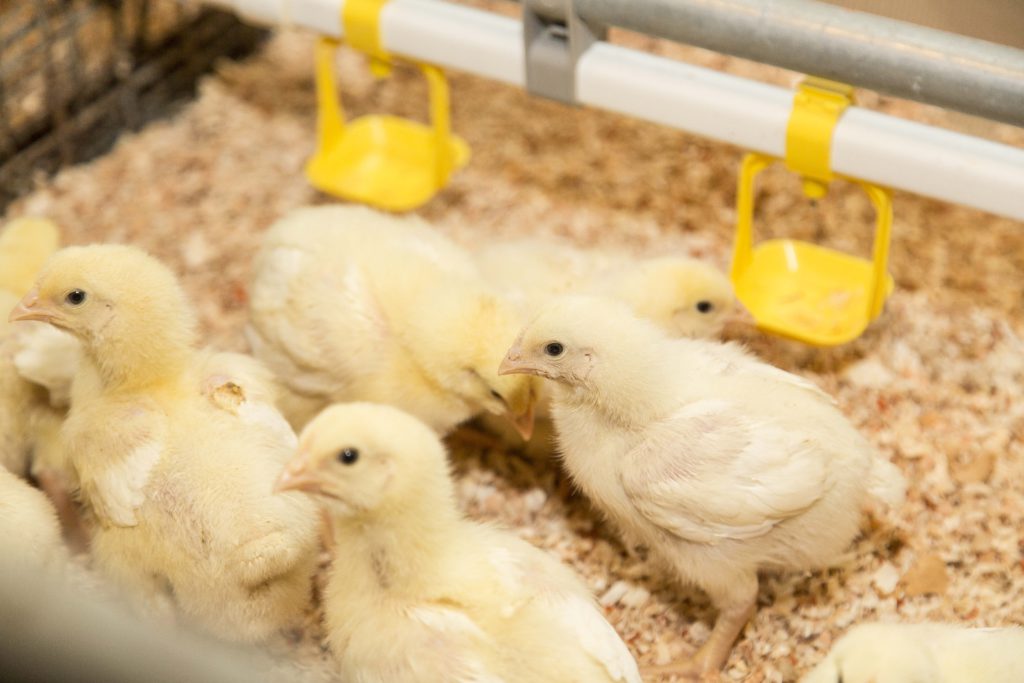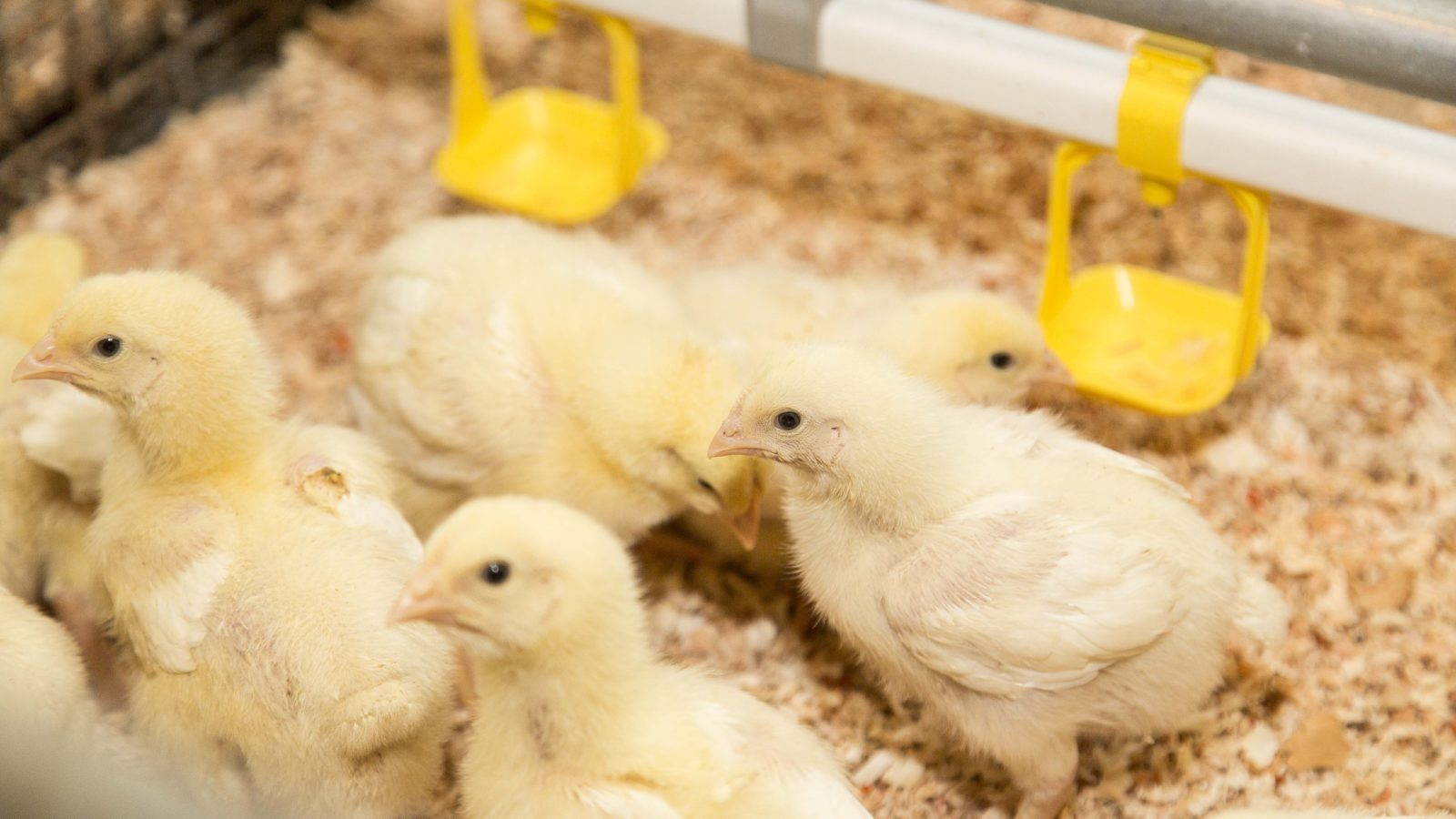Phagovet: bacteriophages
In recent years, a new approach to treating infections in animals has gained importance – phage therapy. Bacteriophages or phages are viruses that specifically target and infect bacterial cells. Phage therapy offers several advantages over conventional antibiotics.
First, each phage is highly specific to its bacterial host, so it is less likely to cause harm to the microbial community as a whole. In addition, phages can evolve and adapt to rapidly changing bacterial strains, increasing their effectiveness over time. In contrast, antibiotics tend to be one-size-fits-all, leaving room for resistant strains to evolve.
Phage therapy also offers the potential for targeted treatment of specific infections in individual animals, in contrast to the blanket use of antibiotics in livestock and poultry production.
Although the efficacy and practicality of phage therapy in animal health needs further research, it is a promising alternative to the overuse of antibiotics.
- Phage therapy offers a highly specific, targeted approach to treating bacterial infections that causes less collateral damage than traditional antibiotics.
- Phages can evolve and adapt to rapidly changing bacterial strains, increasing their effectiveness over time.
- Phage therapy offers the potential for targeted treatment of specific infections in individual animals rather than blanket use of antibiotics.
- Antibiotics can lead to the development of resistant bacterial strains; phage therapy is a better alternative.
About Phagovet
Bacteriophages are microscopic viruses that specialize in attacking and killing specific strains of bacteria. This makes them extremely effective at controlling bacterial populations.

In the Phagovet project, we are using this natural process to control Salmonella and E. coli in poultry farms. Unlike conventional antibiotics, the use of phages does not lead to antibiotic resistance or harmful side effects for animals or the environment.
In addition, our phage-based solution is designed to be cost-effective and easy to implement on farms. We are excited about the potential of phages as a sustainable solution for controlling bacterial infections in the food industry.
- Phage therapy is a natural process that does not lead to antibiotic resistance
- Phages are cost-effective and easy to use
- Phages are effective against a wide range of bacterial strains
- Phage therapy is sustainable

The Phagovet project aims to control Salmonella and E. coli infections in poultry farms through the use of bacteriophages. These small viruses target and destroy specific bacterial strains, providing a targeted approach to infection control.
The project provides for the development and registration of cost-effective, efficient and reliable bacteriophage solutions for use in poultry farms.
Bacteriophages offer numerous advantages over conventional antimicrobials, including reduced selection pressure for antibiotic resistance and reduced risk of negative effects on the gut microbiota of the animals.
The successful implementation of bacteriophage technology in the Phagovet project could pave the way for broader application of this innovative approach to the treatment of bacterial infections in animals and beyond.
4 focus areas:
1. Optimization of Phagovet products
2. Production scale-up
3. Quality and efficacy assessment
4. Regulatory pathway and products registration

Bacteriophages en EU legislation (Europe)
The use of bacteriophages, viruses that naturally infect and kill bacterial cells, has proven to be a promising alternative to antibiotics, but their use in Europe is still limited. This is mainly because there are no specific laws regulating their production and use.
Antibiotics have long been the drug of choice to combat bacterial infections, but their overuse in both human medicine and agriculture has led to the emergence of antibiotic-resistant bacteria.
Bacteriophages offer a unique, targeted approach to treating bacterial infections without contributing to this problem of drug resistance.
However, without clear regulatory guidelines, it may be difficult for companies to develop and market these products in Europe. It is critical that we work toward appropriate legislation to fully realize the potential benefits of bacteriophages in medicine and agriculture.
- Phage therapy is a promising alternative to antibiotics and has fewer side effects
- Bacteriophages can be targeted to kill bacterial cells without contributing to the problem of antibiotic resistance
- Phage therapy needs to be properly regulated so that companies can develop and better market these products.
Phagovet products
Phagovet will create products that utilize selected bacteriophages, which are viruses that kill
bacterial cells. These will be added to animal feed for poultry or used to control the amount of bacteria present in an animal’s environment.
1. Phagovet Biocide
Phagovet Biocide is a successful way to reduce Salmonella in poultry areas. The phages present gives bacteria no chance to grow and become resistant.
2. Phagovet Technological Feed Additives
Phagovet Technological Feed Additives: These two products, one against E. coli and the other against Salmonella, will be based on encapsulated bacteriophages as active agents. They can be applied to feed or drinking water for animals.
Conclusion
Antibiotics are often used in poultry production to control bacterial growth and prevent disease. However, this practice can lead to the emergence of antibiotic-resistant bacteria and antibiotic residues in the meat we consume.
This is why the development of phage-based solutions to control bacteria in poultry production is so exciting.
Phages are viruses that specifically target and destroy bacterial cells, eliminating harmful bacteria while leaving beneficial microbes intact. And unlike antibiotics, phages leave no drug residues and do not contribute to antibiotic resistance. These new phage-based solutions represent a promising development in efforts to achieve safe and sustainable poultry production.
Acknowledgements: Project funded under the “H2020-EIC-FTI-2018-2020, FAST TRACK TO INNOVATION Program (Grant Agreement Nº820523)



 Characterization of Clostridium perfringens bacteriophages and their application in chicken meat and milk
Characterization of Clostridium perfringens bacteriophages and their application in chicken meat and milk
